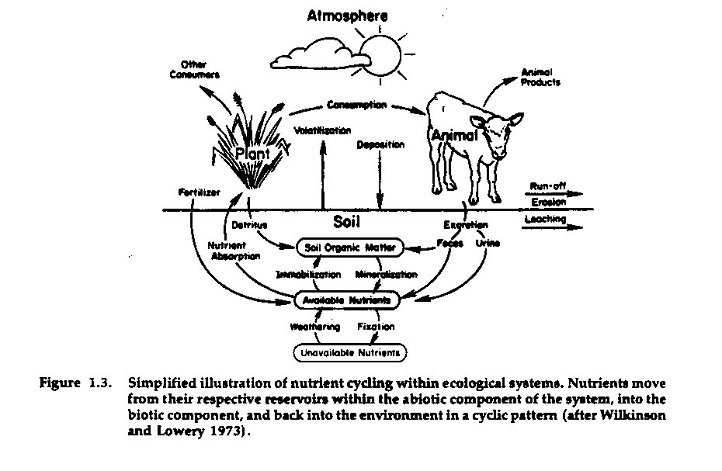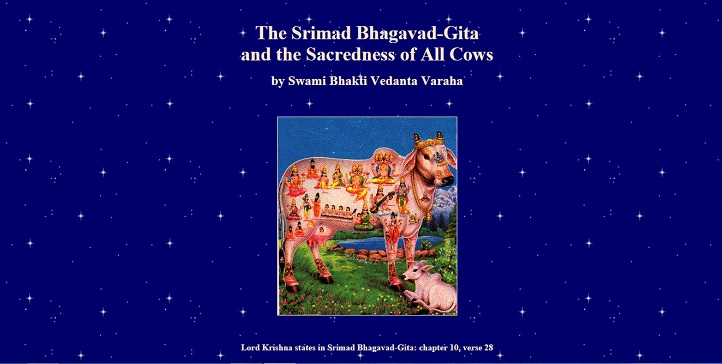What Are Exoplanets And How NASA Detects Life Beyond Our Solar System
Bharti Airtel Set To Acquire Telenor India Within This Year
Google Celebrates NASA’s Discovery Of Seven Earth-Like Planets With An Animated Doodle
Some Home Remedies That Might Sound Bizarre But Actually Work Like A Charm
Akshay Kumar Feels He Has Made Enough Money, Now Wants To Focus On Content & Characters
Delhi ATM Dispenses Fake Rs 2000 Notes From ‘Childrens Bank of India’ With ‘Churan Lable’
Adolf Hitler’s Personal Telephone During World War II Is Up For Auction In The US
From Salman Khan To Rekha, Neil Nitin Mukesh’s Wedding Reception Was Quite A Starry Affair
Holy Cow! What Does The ‘Bhagavad Gita’ Actually Say About The Sacred Bovine?
Before I start, I would like to say, that I have nothing against cows or Hinduism. Recently, after a man got killed in Uttar Pradesh for consuming beef, surprisingly, (or maybe not) many politicians have been supporting this crime by quoting religion.
One should never show disrespect for cows in any way nor should one feel any repugnance towards the urine and dung of a cow because these things are also pure. When cows are grazing or laying down relaxing one should never disturb or annoy them in any way. Cows should never be killed in any type of sacrifice or slaughtered in any way for food as the killing of cows constitutes the most heinous of all sins in existence.
Cows are the foremost of all creatures in all the worlds. It is from cows that the means for sustaining the worlds has established. Cows are auspicious and sacred and the bequeathers of every blessing. Cows benefit humans with milk, yoghurt, cheese, butter and ghee. The Vedas have stated that the milk of a cow is equivalent to ambrosial nectar and that ghee derived from cows milk is the best of all libations poured onto the sacred fires of brahmins.
Clearly these lines were quoted in Geeta to protect a cow, who was then one of the sole givers. An unselfish animal who consumed little but gave away much more enough to make a poor man earn his bread. Cows are indeed an important part of the food chain. Starting from their milk to their feces, every bit of them is important to human beings.
However, scientifically speaking, every living being in a food chain has to make a sacrifice to not only to be the consumer of the next one in line but also bring about a balance in nature. It is one thing to ruthlessly kill an animal for poaching or hunting pleasure, another thing to sacrifice an animal to feed the poor.
Source: tamu.edu






